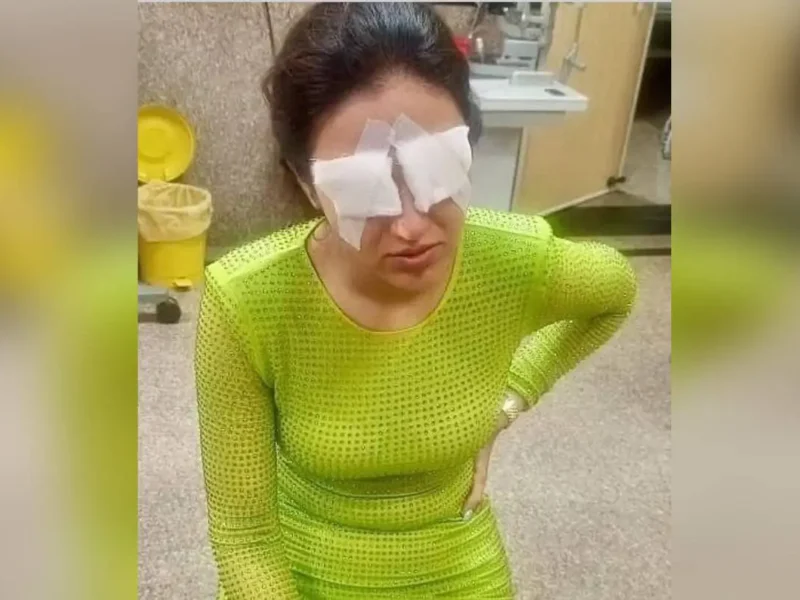
Fired Up By Personal Fertility Struggles, Amy Divaraniya’s Company Focuses On Women’s Health
India-West Staff Reporter
After looking at yet another negative pregnancy test, trying to see a non-existent line with a 60-year-old magnifying glass, Dr. Amy (Aparna) Divaraniya knew there had to be a better way for women to understand their hormones to get pregnant. This passion led her to found a women’s health-focused company that empowers women navigating fertility and perimenopause journeys.
Amy has a PhD in biomedical sciences. She began her career as a data scientist in the industry, supporting disease areas including inflammation, virology, and oncology. She decided to shift gears after her own health experiences. After completing her doctorate, Amy and her husband wanted to have a baby, but she struggled with infertility for months. This experience, coupled with her mistrust of the healthcare system, would eventually lead to Oova.
Like too many women, Amy was dismissed by her doctor when she went in for a routine checkup. Instead of conducting necessary tests, the doctor diagnosed her with polycystic ovary syndrome (PCOS) based on a few visual markers and insisted she take medication. Being South Asian, and a recent college graduate, Amy was dealing with some adult acne, a bit of weight gain, and dark facial hair. While she had gone in to discuss irregular cycles, she came out with a foreign diagnosis based on several external factors that had nothing to do with having PCOS syndrome. She felt dismissed and that her symptoms and questions weren’t valid.
As she and her husband began the journey to have a baby, she saw a different Ob-Gyn. This time, the doctor ordered hormone tests and discovered that Amy didn’t have PCOS at all. The news came as a significant shock to Amy, but to the doctor, this was common practice. Misdiagnosis of PCOS happens more frequently than anyone would like to admit. This left a deep mistrust in the medical community when it came to Amy’s reproductive health. After this experience, she knew that she didn’t want to try invasive fertility treatments, so she focused on better understanding her hormonal cycles.
The moment Amy was engaged, like many South Asian parents, her parents began asking about grandchildren. It was an interesting shift in priorities as her entire adolescence she was lectured to stay away from boys. While their questions came from a harmless place, they didn’t know about Amy’s difficulties trying to conceive. This made the entire experience incredibly lonely.
It took 18 months and a lot of time analyzing data for Amy to get pregnant. While she was doing such innovative work in her career, she still felt like something was missing for those experiencing infertility. What if she could empower women to understand and track their hormonal cycles to make informed decisions about their health?
She drew on her background in science to create Oova, an at-home hormone health monitoring system that gives women crucial information about their menstrual cycles. With it, women can track hormonal health changes from the time of their first period to their last and beyond.
The physician-backed, at-home urine-based tests give women a full picture of their hormonal health so that they can make informed decisions about fertility, hormone replacement therapy (HRT), and more, the company said. Additionally, using a HIPAA-compliant platform, Oova’s algorithms learn the nuances of each client’s menstrual cycle and hormone profile to provide insights.
Most recently, the company launched its Perimenopause Hormone Kit, a first-of-its-kind hormone monitoring tool to help women better understand navigating this transitional phase. With the kit, women can confirm perimenopausal hormone activity, track unique physical symptoms, identify fertile windows, and confirm ovulation if they are trying to conceive.
Beyond perimenopause, Oova is conducting comprehensive research about women’s hormonal health at large. For example, its groundbreaking research has discovered that only 5% of women actually have a 28-day menstrual cycle, which has long been considered the norm, the company said.
For more: oova.life.




